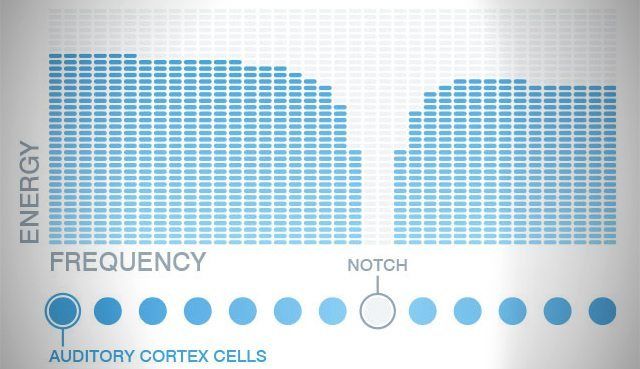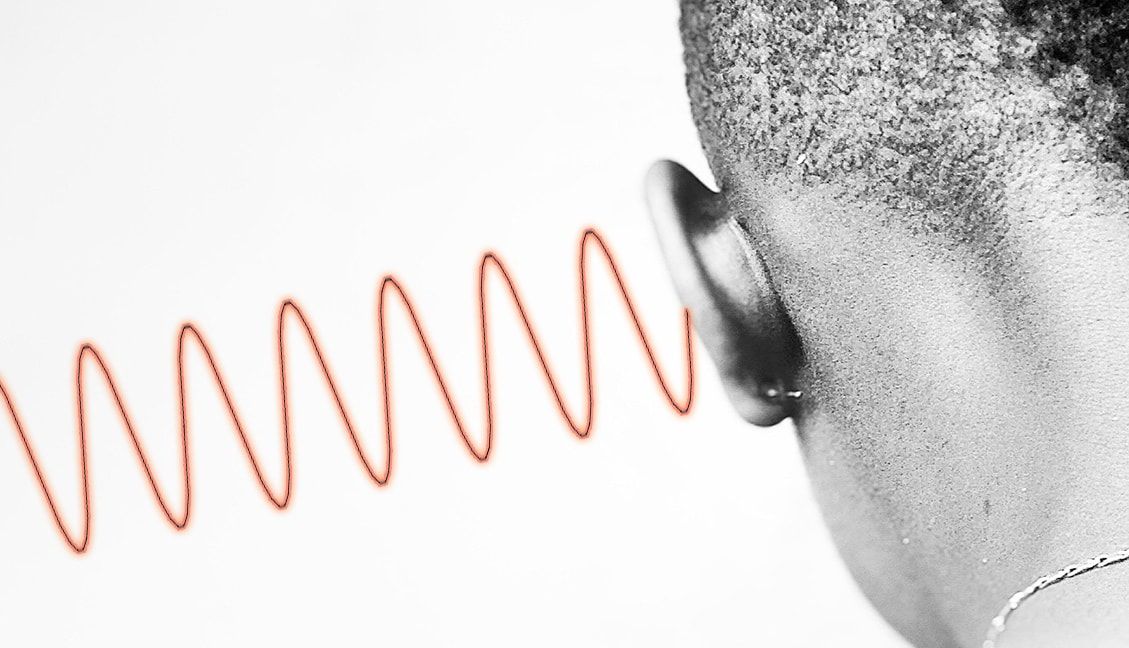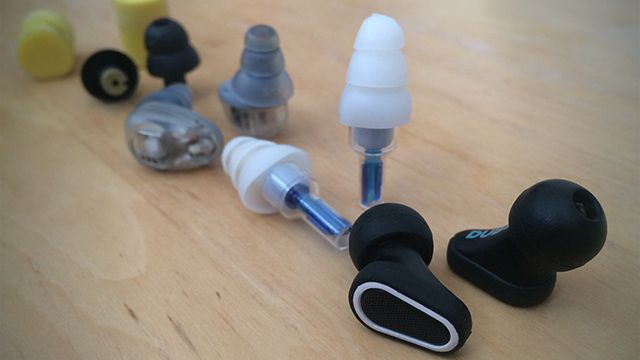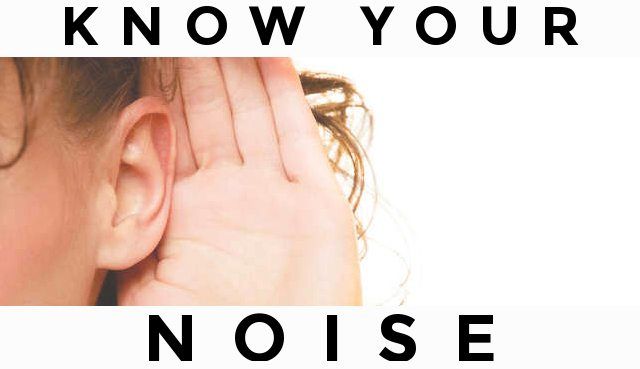It’s well documented that hearing damage is one of the most real dangers of DJing or even just exposing yourself to club-level sounds with regularity. Tinnitus seems inevitable for many DJs, even when armed with a set of great earplugs and following sage advice on limiting the extent of loud sound exposure.
The good news is that treatment of existing tinnitus is finally getting some traction in the science and tech worlds. We wrote in 2013 about a number of ways to reduce level of pain and annoyance associated with that ringing sound that plagues eardrums.
Now, a new app called Tinnitracks is taking some of those concepts and bringing them out of the world of audio-therapy professionals and into a more accessible format. The app takes a collection of MP3s and filters out the frequency of an individual’s tinnitus ringing. It’s based in proven clinical therapy studies, which have shown that removing the frequencies of tinnitus and listening to that music for 1-2 hours a day over a period of 6 months will begin to allow the cause of tinnitus (hyper-active nerve cells in the brain’s auditory center) to return to normality.
Tinnitus can be treated by listening to music that has been specially filtered to remove certain frequencies. The music is filtered to remove the specific frequency that causes the patient’s tinnitus. This creates an audible notch in the sound spectrum of your music. In other words, it slightly alters the sound. Your sense of hearing, however, is able to quickly adapt to this unfamiliar input.
This systematically changed input – generated by filtering your music based on your individual tinnitus frequency – can cause the brain to re-shift its imbalance between excitatory and inhibitory nerve signals in the auditory center back towards a healthy balance between the two.
The basic mechanism behind this is based on the specific configuration of nerve cells in the brain: The nerve cells in the brain’s auditory center are arranged by the frequency they perceive. It can be likened to keys on a piano: The low tones are on one end, the high tones on the other.
This allows a mechanism known as lateral inhibition to kick in. Lateral inhibition is a natural property found in nerve cells that regulates the degree of contrasts: When a nerve cell is activated, lateral (from the side) inhibition reduces the activity of other neighboring cells.
The therapy takes advantage of these nerve cell properties: When you listen to the filtered music, you are able to specifically target and stimulate nerve cells that are outside of your tinnitus frequency. This allows lateral inhibition to reduce the abnormal hyperactivity in the auditory cortex’s nerve cells that are causing tinnitus and thereby provide relief.
The therapy isn’t cheap – currently the only option is to use an online app that is only sold with a year license that runs €539 (~$584), but they’re soon expected to launch a new version that will be €19 / month ($20).









